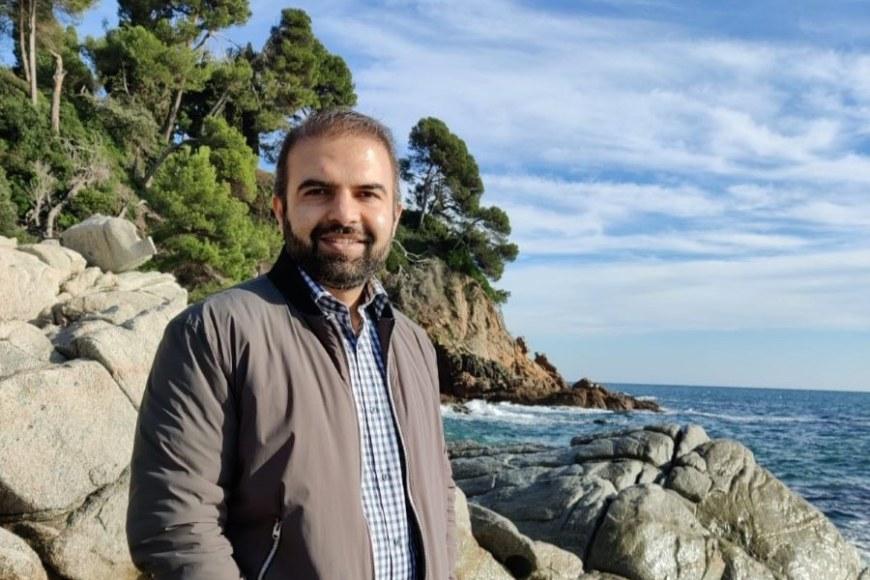
The personal devices market is rapidly evolving due to the development of small form-factor electronics. Personal mobile devices, also called wearables, include devices such as smartphones, smartwatches, smart glasses, smart jewelry, and augmented or virtual reality headsets, among others. The growing consumer interest is driving demand for the development of new computationally intensive and latency-critical applications, such as interactive online gaming, ultra-high-definition video streaming, and autonomous driving, to name a few.
“The advancements in wearable technology improve the overall efficiency of these devices, and ultimately the user experience. Yet, the wearables industry still faces several challenges that restrict its continued evolution,” says M.Sc. Waleed Bin Qaim.
In his doctoral dissertation, based on a systematic literature review approach, he conducts a comprehensive survey of state-of-the-art energy-efficient solutions proposed for diverse wearable applications. He identifies and summarizes the main approaches found in the literature for enhancing energy efficiency in wearables while also highlighting the challenges involved.
“Many of those challenges stem from two primary limitations: the constrained battery life of wearable devices, and the insufficient computational capacity to accommodate the requirements of increasingly sophisticated modern applications,” Waleed says.
He proposes that task offloading could alleviate these limitations while enhancing the overall performance of the wearables.
“Task offloading is a technique that allows wearables to leverage the resources available on nearby edge devices to not only conserve the wearable's limited resources but also improve its computational capacity to enhance the overall user experience,” says Waleed.
The work includes a detailed numerical analysis of how tasks from wearable devices can be offloaded to a nearby edge device in an Edge Computing-based architecture. This analysis considers various scenarios and quantifies the performance improvements that task offloading can bring to wearables, while also highlighting its limitations. As an extension, Waleed presents a framework that utilizes Artificial Intelligence (AI) to automate the task offloading process on wearable devices. This enables the devices to make intelligent decisions about task offloading, which can enhance their overall performance.
The results validate the efficacy of the proposed framework where extensive simulation experiments are conducted for performance evaluation for various applications and system configurations.
Waleed Bin Qaim is a double Doctoral degree student affiliated with Tampere University, Finland, and University Mediterranea of Reggio Calabria, Italy, under a Marie Sklodowska-Curie (MSCA) fellowship in the European Union (EU) Horizon 2020 project called A-WEAR.
Public defence on Tuesday 16 April
The doctoral dissertation of M.Sc. Waleed Bin Qaim in the field of Electrical Engineering titled “Edge-assisted Task Offloading in the Internet of Wearable Things”, will be publicly examined at the Faculty of Information Technology and Communication Sciences at Tampere University in auditorium S4 of the Sähkötalo building (Korkeakoulunkatu 3, Tampere) at 12:00 on 16 April 2024.
The Opponents will be Professor Peeter Ellervee from Tallinn University of Technology, Estonia, and Dr. Valeria Loscri from INRIA, Lille, France. The Custos will be Professor Jari Nurmi from Tampere University, Finland.
